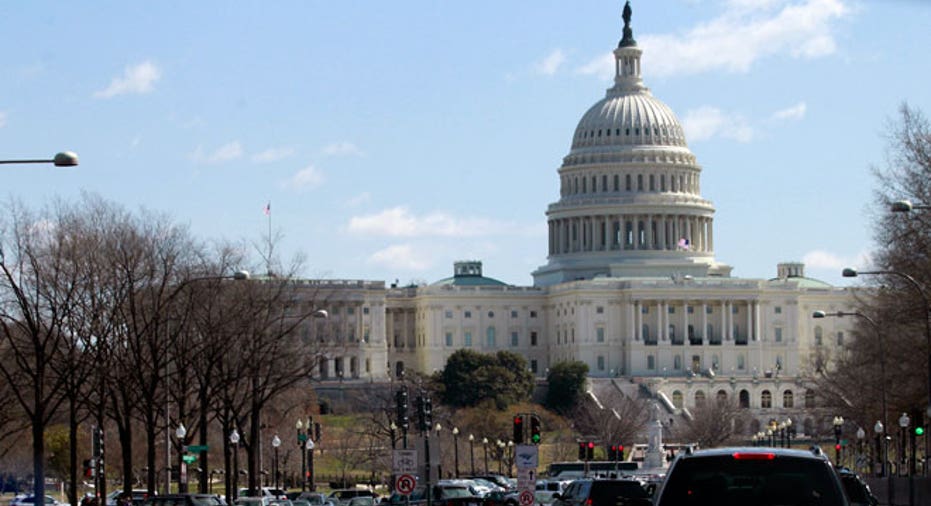Obama’s Tax Reforms Don’t Offer Much to Small Businesses

Two major U.S. small business groups say President Obama’s corporate tax reform plan leaves SMBs out in the cold.
The president called Tuesday to close tax loopholes and lower the top tax rate for corporations to 28%, down from 35%.
But National Federation of Independent Business tax attorney Chris Whitcomb says helping out corporations doesn’t do much for the majority of small-business owners.
“It focuses on reducing corporate tax rate, but 75% of small-business owners pay taxes on the individual side of the code,” says Whitcomb, as their businesses are structured as pass-through entities. “This doesn’t do anything to reduce their taxes,” he says.
And National Small Business Advocate’s communications director Molly Brogan echoes those comments.
“It’s simply not fair,” says Brogan. She estimates the number of SMBs operating as pass-through entities is even higher – around 83%.
“They’ll still have 35% as their top rate, or even higher, if they’re high earners,” she says.
And Whitcomb says closing loopholes and taking away deductions may even hurt small businesses -- in addition to powerful corporations.
“Eliminating business tax deductions and credits that both small businesses and corporations use may end up increasing the tax burden for small businesses,” he says.
Mixed Feelings on Investment Incentive
Another proposal that would allow small businesses to expense up to $1 million – aimed at encouraging investment and growth – is also being met with mixed responses.
“For a lot of our members, $1 million is well beyond what they would typically take advantage, so that also doesn’t help as much as it sounds,” says Whitcomb.
While Brogan says expensing is “one of the best ways to encourage investment,” she says proposals like these won’t be met with open arms unless there’s a clearer sense of whether they are permanent or for a limited time only.
“Permanency is important to us,” says Brogan. “Taxes are complex for small businesses, so it’s absolutely helpful to know if it’s ongoing, or if it will only be there for one year and then phased out.”
But according to Whitcomb, the NFIB’s small-business members aren’t averse to giving the tax code an overhaul.
“We’d love to see tax reform applied in a comprehensive way,” he says.



















